This Working Group aims to define and gather critical pedagogies to structure engagement with counter-archival audio-visual heritage across a range of educational, outreach, and exhibition contexts.
To ask what role AV heritage should take in socio-cultural realms of community, identity, citizenship, decolonizing efforts, politics, and protest is to examine the relation of AV archives to networks of power in society. To ask what place AV archives should occupy in institutional film cultures, classrooms, museums, libraries, and general archives is to examine the balance of AV preservation against other public mandates. And, to ask how AV preservation should be positioned professionally in the work of artists, artist-run organizations, research-creation, and arts funding is to ascribe value and benefits to AV heritage within culture at large.
This Working Group is facilitating research, discussion, and pedagogy in response to these concerns, with attention to AV heritage in secondary and post-secondary education, strongly connected to professional education in AV preservation.
The Working Group has determined its breadth of concerns include:
- Teaching and learning: development of counter-curricula and counter-pedagogies that engage with archived audio-visual media in classes of any topic and level, both secondary and postsecondary settings;
- Preservation: collaboration between artists/creators and students/scholars of preservation to enhance contemporary public access and circulation, while being mindful of changing and uncertain futures;
- Scholarship: enrichment of cinema and media scholarship and pedagogy by incorporating media archives and archivists, in documenting histories but also in a breadth of studies.
To date, the Working Group has asked what cultural role AV heritage should take to assist examinations of the relation of AV archives to networks of power in society. Questioning the places AV archives circulate in institutions of the arts and learning has led us to define AV preservation as dependent upon archives’ collaborative work with artists/creators, artist-run organizations, scholars and educators.
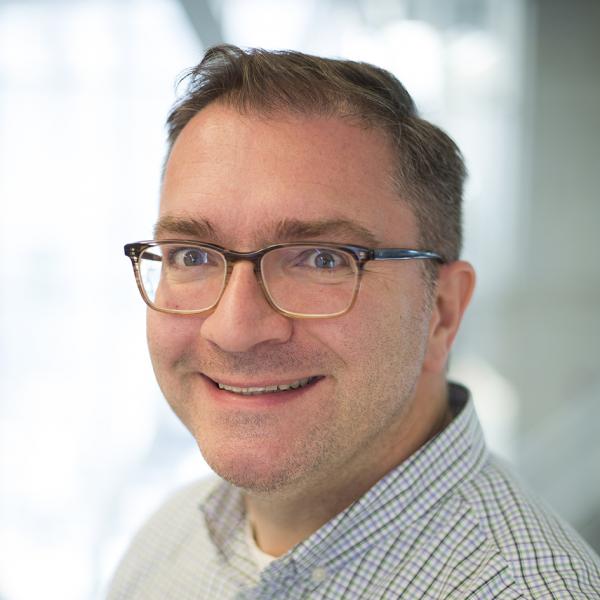
Paul Moore
Paul Moore is Associate Professor of Communication and Culture at Ryerson University. Overall, his research argues that amusement and leisure help constitute modern publics by providing spaces, rhetorics, and logics for collective gathering. He has studied the history of early cinema publicity and exhibition across Canada and North America, with a focus on rural spaces "in between," and with special attention to how viewing publics are premediated as reading publics through news and advertising.
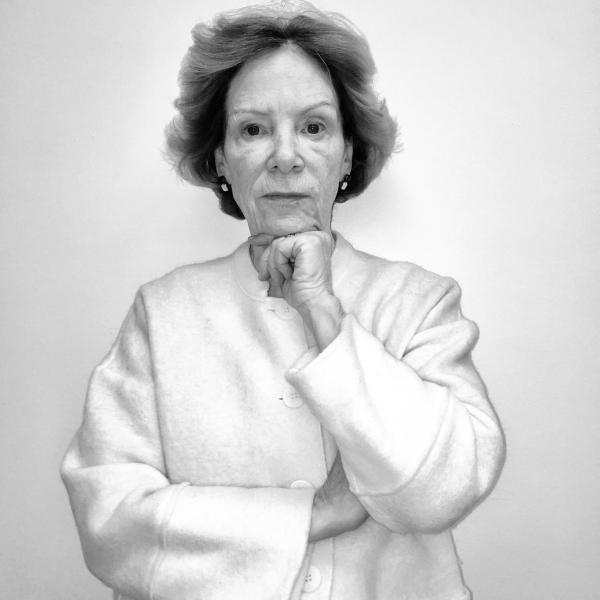
Marta Braun
Marta Braun is the Director of the Film + Photography Preservation and Collections Management MA program at Ryerson. She is author of Picturing Time: the Work of Etienne-Jules Marey (1830-1904) (UCP, 1992), Eadweard Muybridge (Reaktion, 2010) and the children’s book Muybridge and the Riddle of Locomotion (Firefly, 2013). Her essays have appeared in Italian Futurism, 1909-1944: Reconstructing the Universe, (ed. Vivien Greene 2014), Helios, the Art of Eadweard Muybridge (ed. Phillip Brookman, 2010), Musée de quai Branly; la collection, (ed. Yves le Fur, 2008), L’Art de la Photographie des origins à nos jours, (eds. André Gunthert and Michel Poivert, 2007). She has been made a fellow of the Internationales Kolleg für Kulturtechnikforschung und Medienphilosophie, Weimar Germany. (IKKM), a Chevalier de l’Ordre des Palmes Académiques (France), and a Fellow of the Royal Society of Canada.
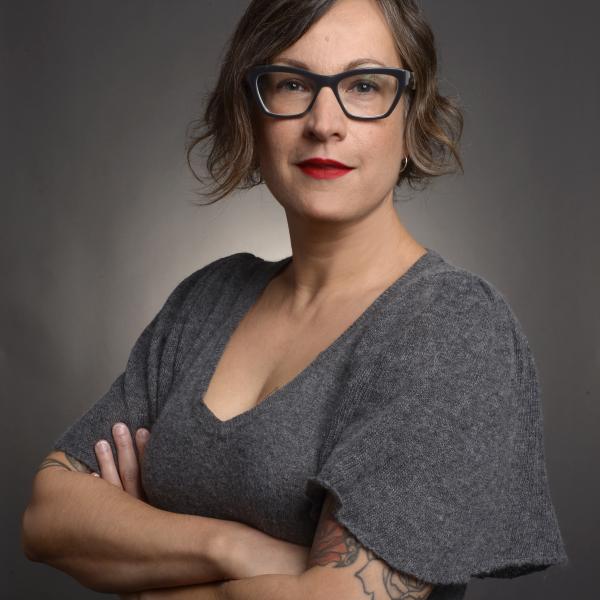
Chloë Brushwood Rose
Chloë Brushwood Rose is a Professor in the Faculty of Education and Vice-Provost Teaching & Learning at York University. Her research interests bridge several fields, including community-engaged visual research methods, media and arts-based education, and gender, feminist and queer studies. Chloë is also a Registered Psychotherapist (Qualifying) working with children, adolescents and their families, affiliated with the Canadian Institute for Child and Adolescent Psychoanalytic Psychotherapy.
She is the co-author of Community-based Media Pedagogies: Relational Approaches to Listening in the Commons (Routledge, 2016), and the co-editor of a recent special issue of the Journal of Teaching and Learning on the impacts of COVID-19 for children, youth and education. Her scholarly work has appeared in several journal publications, including the Psychoanalysis, Culture & Society; Qualitative Studies in Education; Visual Studies; Changing English; International Journal of Leadership in Education; and, Gender and Education. Chloë is co-editor of several anthologies, including two anthologies on queer culture: the Lambda short-listed Brazen Femme: Queering Femininity (Arsenal Pulp Press, 2002) and the winner of a Golden Crown Literary Society Award, And Baby Makes More: Known Donors, Queer Parents, and Our Unexpected Families (Insomniac Press, 2010).
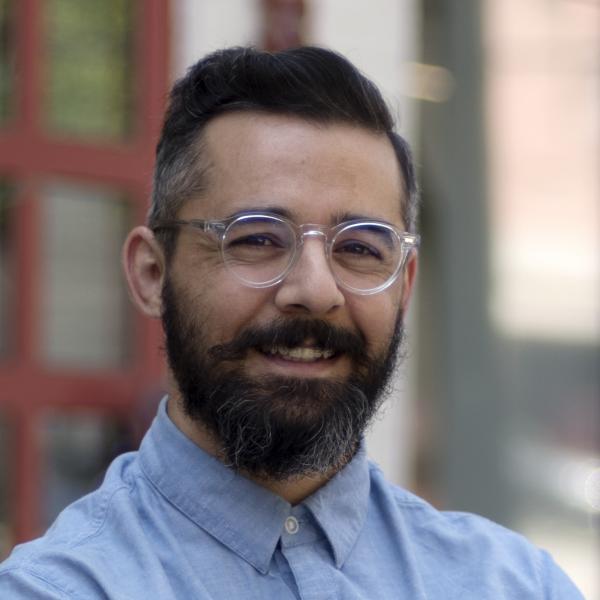
Dave Colangelo
Dave Colangelo is Assistant Professor of Digital Creation and Communication in the School of Professional Communication (FCAD) at Ryerson University, Director (North America) of the Media Architecture Institute, and a founding member of Public Visualization Studio. His work as an artist, educator, and researcher focuses on urban media environments as sites for critical and creative engagements with the city, public art, and information. He is the author of The Building as Screen: A History, Theory, and Practice of Massive Media (Amsterdam University Press, 2020).
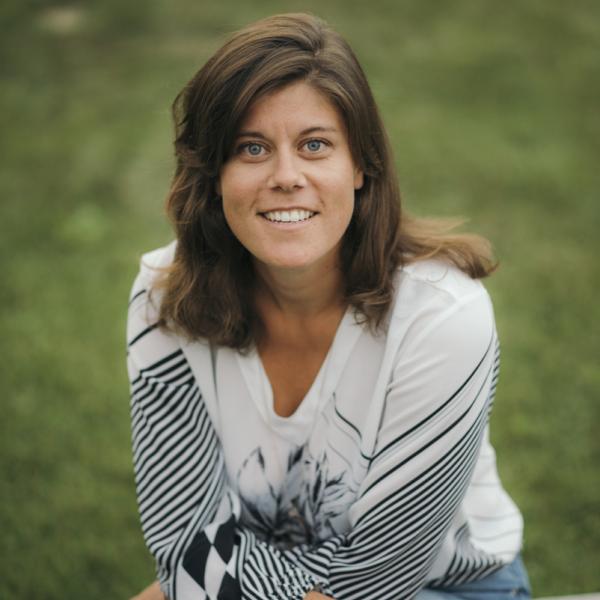
Jessie Curell
An experienced, passionate, and committed Media Educator for the past 15 years, Jessie Curell has been teaching dynamic, production-based Media and Digital Literacy workshops across Canada, the US, and Asia with the National Film Board of Canada and a wide variety of schools, museums, non-profit organizations, and film festivals. She has met thousands of teachers and students, and has first-hand knowledge of specific needs and interests, which have helped shape the way she works with each group.
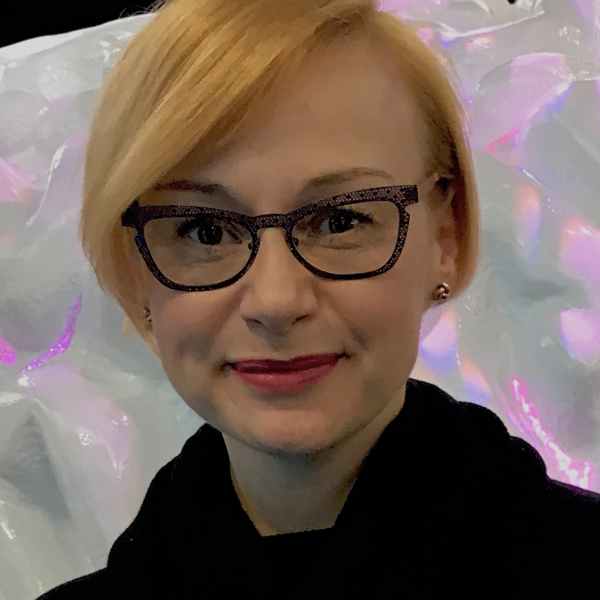
Izabella Pruska-Oldenhof
Dr. Izabella Pruska-Oldenhof is a Toronto-based filmmaker and scholar. Her interests as an artist and scholar are interdisciplinary, and her works often probe intersections of art, body, and technology. Izabella’s films and installations have been recognized with awards, commissions, and public grants, and have been included in over 150 public presentations at major international film festivals, art museums, and centres in Canada and abroad, most notably: TIFF, Toronto; IFFR, Rotterdam; Centre George Pompidou, Paris; Guggenheim Museum, New York; Museum of the Moving Image, Astoria; and ZKM, Karlsruhe. Izabella’s writings on art, cinema, technology and culture, have appeared in academic journals, and in anthologies on media arts and on screendance, including chapters in The Oxford Handbook of Screendance Studies (2016) and Dance’s Duet with the Camera: Motion Pictures (2016). She is Associate Professor in Ryerson University’s School of Image Arts, and a member of three graduate programs (Communication and Culture, Documentary Media, and Film + Photographic Preservation Collections Management).
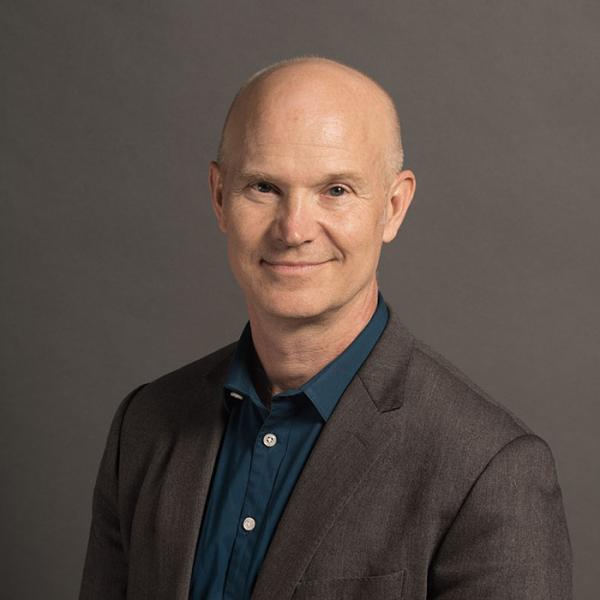
Michael Zryd
Michael Zryd is Associate Professor in Cinema & Media Studies at York University in the Department of Cinema & Media Arts (School for the Arts, Media, Performance, & Design), and is appointed to the Graduate Programs in Cinema and Media Studies, Humanities, and Communication & Culture. Zryd is a researcher in experimental film and media (including video art, installation, and new media) with foci on its institutional ecologies, and the history of its intersection with the academy and the art world. He was founding co-chair of the Society for Cinema and Media Studies (SCMS) Experimental Film and Media Scholarly Interest Group (ExFM), and the Toronto Film & Media Seminar. In 2020, he was awarded the Faculty of Graduate Studies Teaching Award. He is currently undertaking SSHRC Insight Grant-funded research on the history of film co-ops in Canada.


